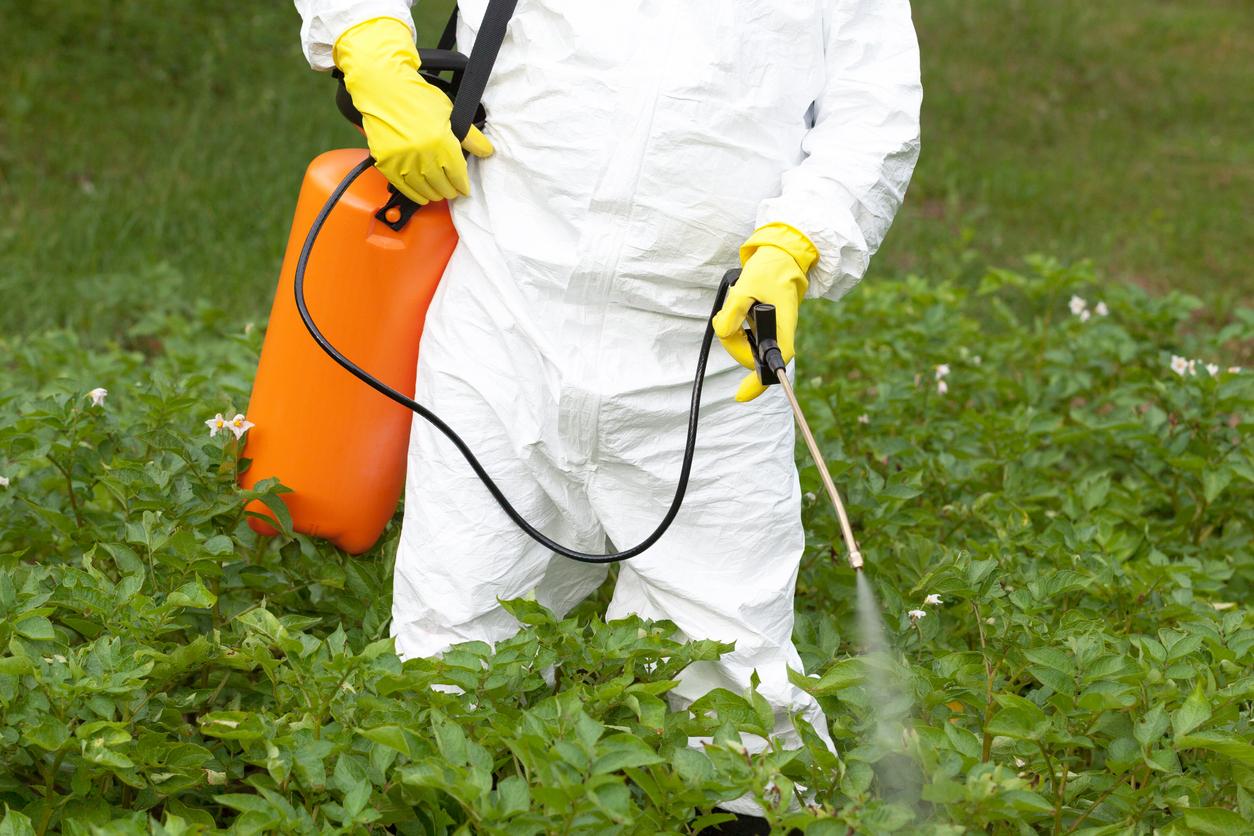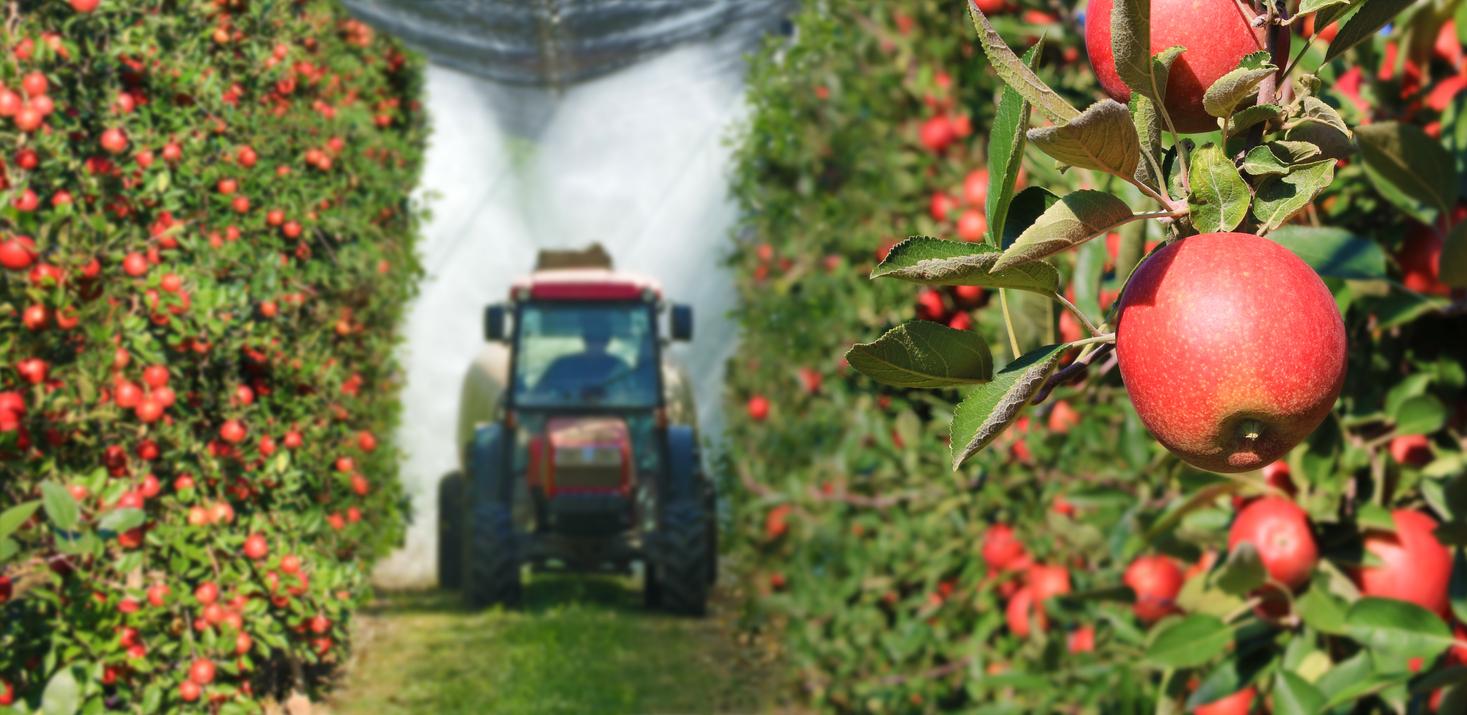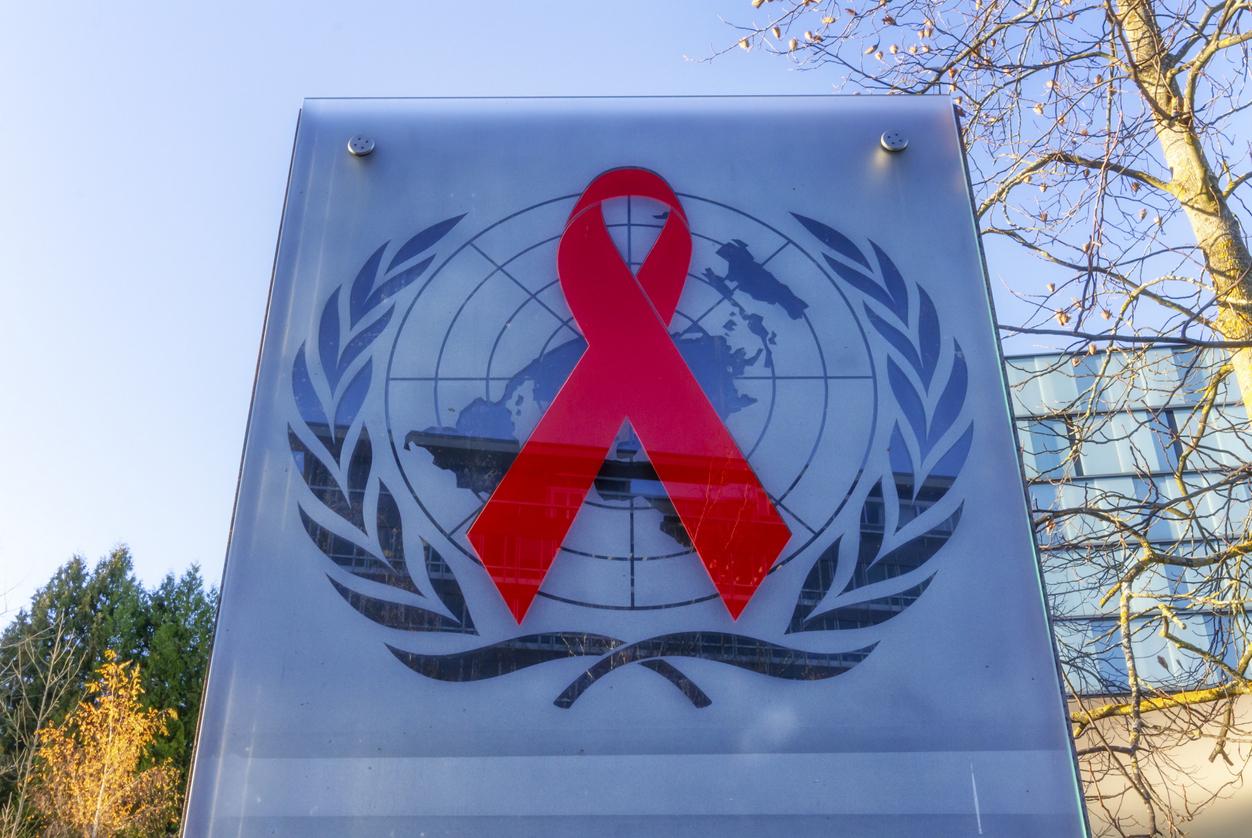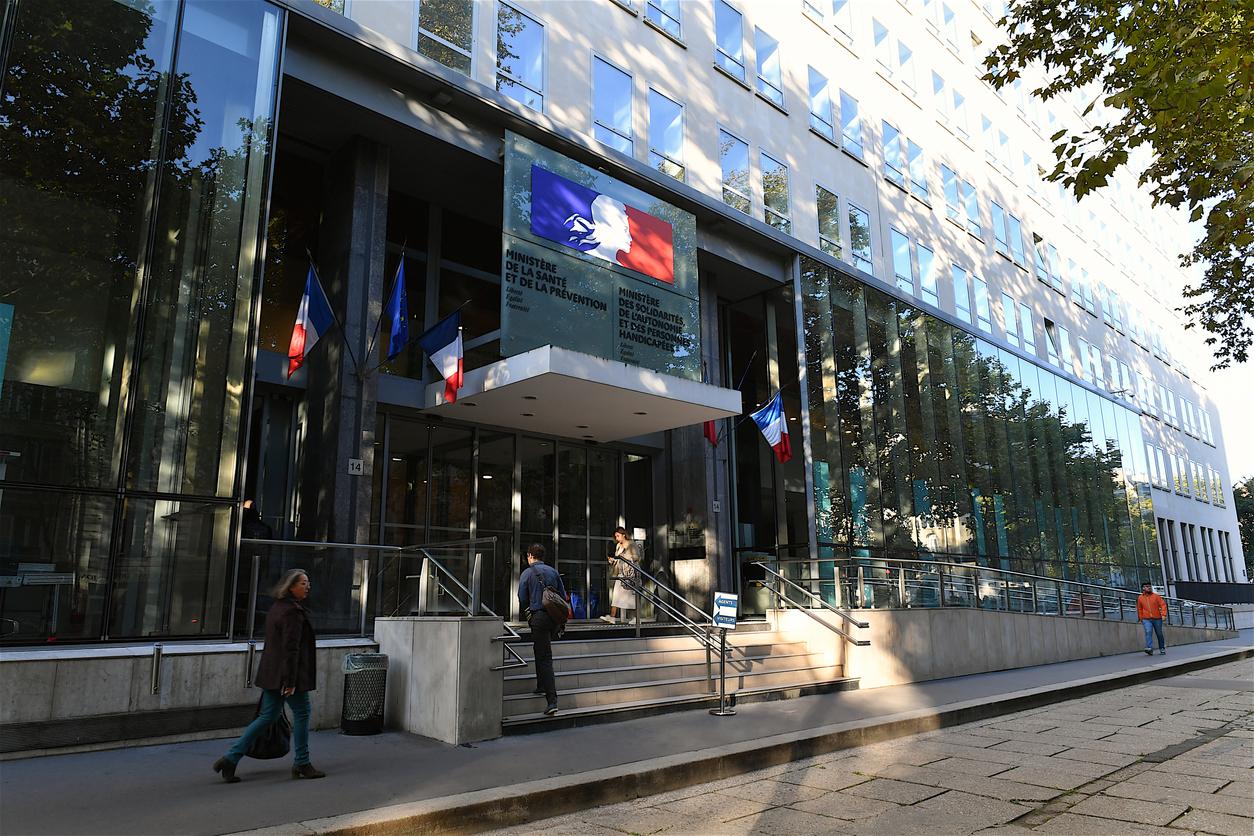“To the question:” The glyphosate is it carcinogenic “, the answer is no! It is less carcinogenic than cold meats or red meat, which are not prohibited”, explains Pierre Médevielle To La Dépêche du Midi. Senator UDI of Haute-Garonne was responsible, with about thirty elected representatives gathered under the name of the Parliamentary Office for the Evaluation of Scientific and Technological Choices (OPECST), to look into the system for evaluating dangerous substances in France. and in Europe. The Toulouse daily finally reveals that the report submitted by parliamentarians should be published this Thursday, May 16. He would question the carcinogenicity of the weedkiller.
No scientific evidence
“After having worked a lot with scientific agencies on this product, I affirm that if glyphosate certainly has a lot of flaws, no scientific study has formally proven its carcinogenicity either in France, in Europe or in the world”, develops Senator Pierre Médevielle, interviewed by La Dépêche du Midi. He regrets the“Collective hysteria aroused by a molecule which is claimed to be carcinogenic when in reality it is not”, before assuring that he would be the first “To demand its ban as soon as scientific evidence of its harmfulness is provided”.
Arguments that environmental MEP José Bové designates as recurring at Monsanto. Glyphosate, the most widely used herbicide in the world, is particularly used in Roundup produced by the company. “This report is a new compilation of a number of studies handpicked to justify Monsanto’s speech.”, he declares on the airEurope 1. He denounces a “Environmental revisionism”.
“Probable carcinogen”
Glyphosate has been classified since 2015 as a “probable carcinogen” by the International Agency for Research on Cancer, an agency affiliated with the World Health Organization (WHO). Since then, several health agencies – including the Food and Agriculture Organization of the United Nations (FAO) – have denied the risk to humans in food.
At the same time, its exposure was again linked to an increased risk of cancer by American researchers. The weedkiller was also recently found to be a “substantial factor” in the development of non-Hodgkin’s lymphoma in a septuagenarian by a court in San Francisco. To decide on the dangerousness of the molecule, the National Agency for Health and Food Safety, Environment and Work (ANSES) announced last February the launch of an independent study on the subject.
Read also :
- MPs campaign against glyphosate
- Glyphosate banned from public forests


















